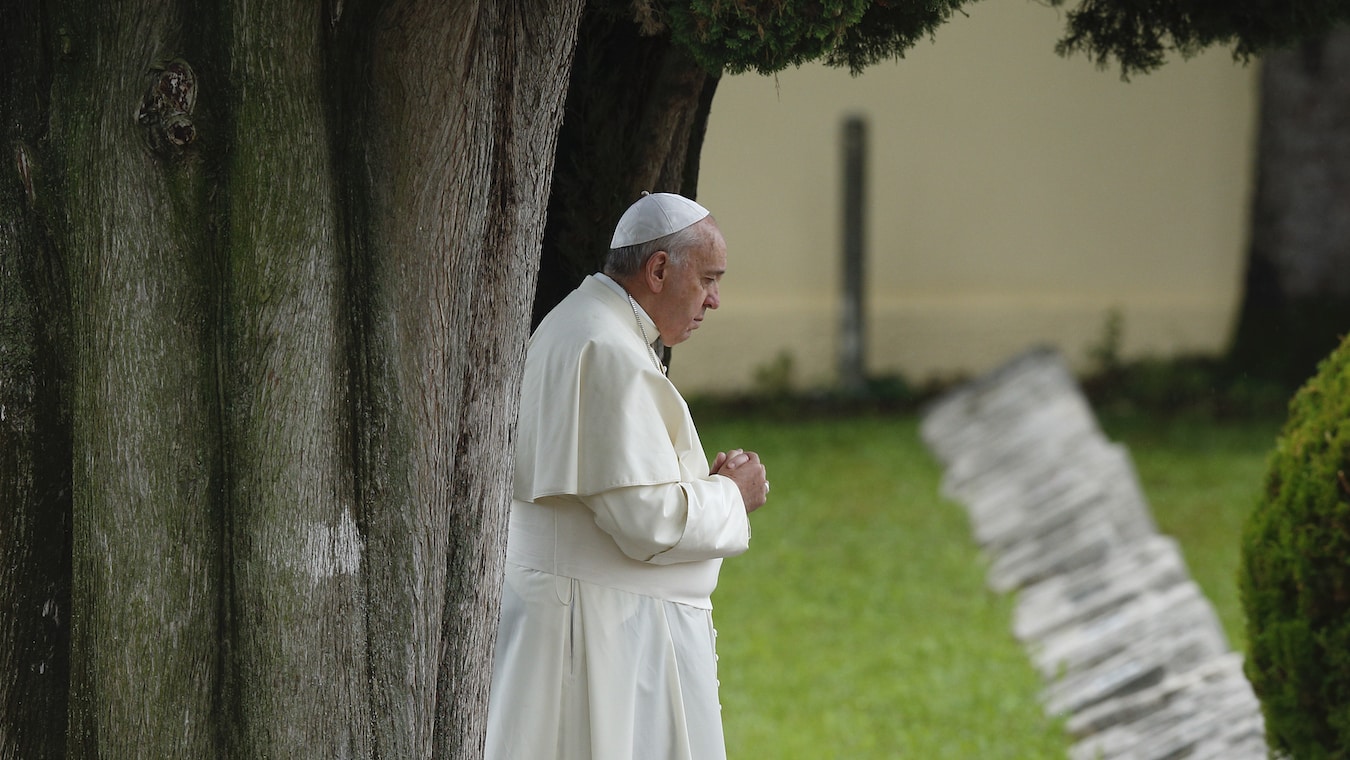Undoubtedly, these thirteen verses from the Gospel of Luke (16:1-13)must be the most controversial parable in the whole Gospel. Well, it is so only to us Westerners, since our culture and our upbringing are keen on integrity and honesty and thus we frown upon cheats and those who deal deceitfully. But, let us first read again this parable in its Oriental setting and then draw universal conclusions that are valid for all believers across the world.
At the time Jesus walked the streets of Palestine, with the exception of the few wealthy members of the upper class, life was very hard for most people. The great majority was always teetering at the edges of bare survival. Thus, everyone tried to make ends meet in any possible fair or unfair way.
The steward in the parable for this 25th Sunday in Ordinary Time was a very fortunate man because, although not wealthy, he could enjoy security and assurance of food on his table. However he was dishonest, he wanted to climb even higher; and he got caught. According to the law, he could have been fired, fined and even imprisoned. Luckily, he was only dismissed. The point that Jesus makes for all of us is as follows.
In time of crisis one must seize the window of opportunity that opens up and act decisively.
John Pilch, a famous biblical scholar wrote, “When the master discovers the strategy of his manager, he is confronted by a dilemma: if he rescinds the new phony contracts he will most certainly alienate the renters and the entire village. They were already all celebrating his generosity and singing his praises. If he allows the new phony contracts to stand he will lose some profit but he will gain a lot of honor for miles and miles around, and so will his dishonest manager. This is the reason why he commends his steward. It is a win-win-win situation: the villagers are happy, the fired steward can make claims on his former clients and the master gains greater honor.”
There are also some other points of great importance offered to our consideration: wealth is not to be hoarded away but used to gain new friends. According to this way of reasoning, friends (understood as people indebted to us on account of our generosity toward them) are more important than wealth which can be here today and gone tomorrow.
If we put side by side this statement and the lesson from the prophet Amos (8:4-7), we ought to conclude that a prudent and foresighted use of this world’s goods entails using them for people in their needs.
This makes a lot of sense also in these years of mounting losses of lives due to violence, despair, insane ideologies and of painful anxiety about the future in general. We realize that, all of a sudden, we could find ourselves thrust into a shocking crisis that would make us numb with pain, sorrow and uncertainty. While we are all decent people; while we enjoy the moral support of those who act rationally, with civility and mutual respect, with candor and humility, we have to admit that we have made our share of mistakes.
Thus, instinctively, with a contrite heart, we turned to God individually and as a community of faith, seeking forgiveness, comfort, light and guidance. And even now, we long for words of reassurance form our spiritual leaders that God has not abandoned us in our time of heartrending need.
In His reply, the Lord recognizes the times we acted with prudence and wisdom. He commends us that we were not swayed by the feeblemindedness of political correctness and identity politics. He praises that we resolved to be loyal to Him in spite of the constant temptation to embrace the ways of the world.
Hence, we choose to rely on Him above all that we might have put aside and might quickly be gone, because in the light of the Gospel we have found more reliable wealth; we found it in friendship, solidarity and cooperation. In His name as our Father, we shall look for new friends to treasure even more in future times of trouble. And we open our heart to help those in need: all friends, all brothers and sisters, of different creed perhaps, of different color perhaps, of different background perhaps; it doesn’t matter, all children of the same Heavenly Father. We are willing also to make sacrifices, to give of our time, energies and skills to make life more bearable for others. For sure, all these new friends will be a treasure much more reliable than what we might have stashed away so far.
Yet, the Letter to Timothy (1 Timothy 2:1-8) tells us that even this is not enough. Or, even better, to make our sharing more meaningful, we must do something else: we ought to pray for each other.
First of all I ask that supplications, prayers, petitions, and thanksgiving be offered for everyone, for kings and for all in authority.
We are all one in Christ. In him, the man, we become all intercessors, all mediators. Christ in these days, more than ever, needs to have our voice, our flesh, our features to be heard, to be visible, to be hugged, to offer all the reassurance that so many desperately need. Hence, we pray in him for everyone, living and deceased, because living or dead we are all his (cf. Romans 14:8).
Heedful of God’s order then, we pray for our president and for his advisors, also for those in authority locally and state wise that they may lead us down the path of unity, justice, peace, cooperation, solidarity and protection of human life from conception to natural death. We pray for all of them to be especially docile to the voice of God speaking in their hearts, so that we may prosper again and lead a quiet and tranquil life in all devotion and dignity.
God bless our Country and all of us, amen!








